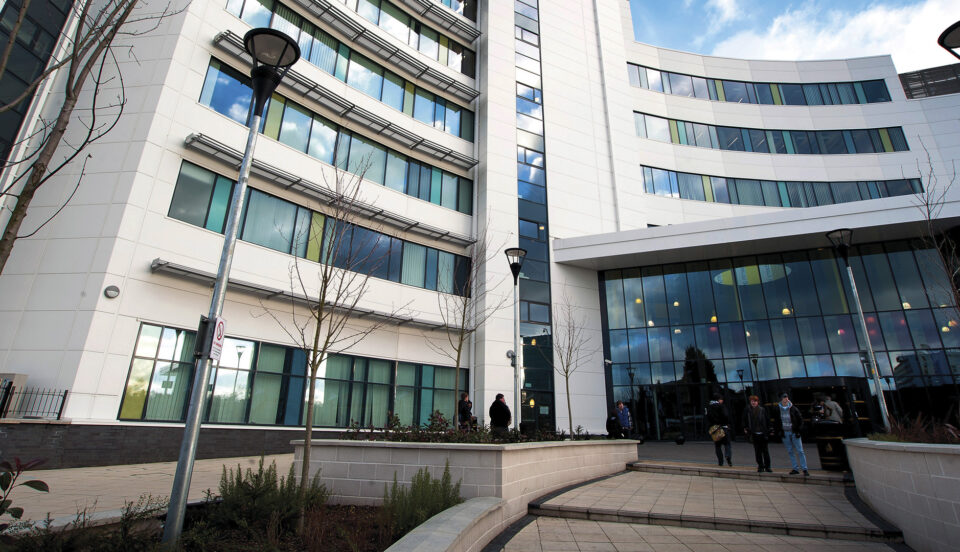The Level 2 qualification in Public Services is to inspire and enthuse learners to consider a career in the public service sector. It gives learners the opportunity to gain a broad knowledge and understanding of, and develop skills in, the public service sector supporting progression into a more specialised Level 3 vocational or academic course or into an apprenticeship. It gives learners the potential opportunity, in due course, to enter employment within a wide range of junior job roles across the public service sector, for example entry-level jobs within the armed services or non-uniformed services. It helps provide opportunities for the development of transferable skills related to study and vocational application that provide a platform for success both within the public services and elsewhere.
What you'll learn
The content of this qualification has been developed to give learners a wide basis of understanding within the Public Service sector. You will undertake 2 core units that all learners will develop:
Unit 1:The Role and Work of the Public Services — gives knowledge that underpins learning in other units in the qualification.
Unit 2: Working Skills in the Public Service Sector — helps develop practical and vocational skills.
Other specialist units that are undertaken help to give learners the opportunity to explore more specialist areas such as:
Unit 3: Employment in the Public Services — learners look at a range of different public services, their role and purpose, the various job opportunities available, conditions of the service, and the application and selection processes for various public services.
Unit 4: Public Services and Community Protection — learners explore the key organisations involved in the protection of communities, gain an understanding of the hazards and risks posed to individuals and communities, and learn how the public services deal with them.
Unit 5: Health, Fitness and Lifestyle for the Public Services — learners will gain an understanding of basic nutrition and lifestyle choices needed to ensure their own personal fitness, and how this could be used to meet the various health and fitness requirements in the public services. Learners will be able to take part in different public services-related fitness tests.
English and mathematics
English and mathematics are essential for progression into further education and employment. This course supports the development of GCSE English and mathematics knowledge and skills by enabling learners to study these subjects alongside their core public service subject.
Developing employability skills
One of the main purposes of the public service qualification is to help learners to ultimately progress into employment. The vast majority of employers require learners to have certain technical skills, knowledge and understanding to work in a particular sector, but they are also looking for employability skills to ensure that employees are effective in the workplace. Unlike technical skills, which may become outdated over time, employability skills enable learners to adapt to the ever-changing roles needed to survive in the global economy. These skills include: self-management, teamwork, customer awareness, problem solving, communication, basic literacy and numeracy, a positive attitude to work, and the use of IT.
Throughout the Public Services course, learners should develop a range of employability skills, engage with employers, and carry out work-related activities. These opportunities are signposted in the suggested assessment task outlines at the end of each unit.
How you'll learn and be assessed
This course combines classroom-based activities with learning through practical and outdoor activities. You will learn the roles of the uniformed public services and how they link to the community and the government.
You will develop communication skills, self discipline and teamwork through classroom and practical activities in preparation for employment in the uniformed public services, or for progression to the extended diploma.
This diploma is based on continuous assessment.
This qualification consists of six units. Two units are externally assessed, whilst the other four ar marked internally.
Types of learning activities include:
- practical, group-work activities
- putting learning into practice
- guest speakers and trips (these may carry an additional charge)
- fitness and sport
- you may be required to participate in weekend and evening activities
Entry requirements
You should have 4 GCSEs at Grade 3 or above including maths and English or a relevant level 1 qualification at merit or above.
